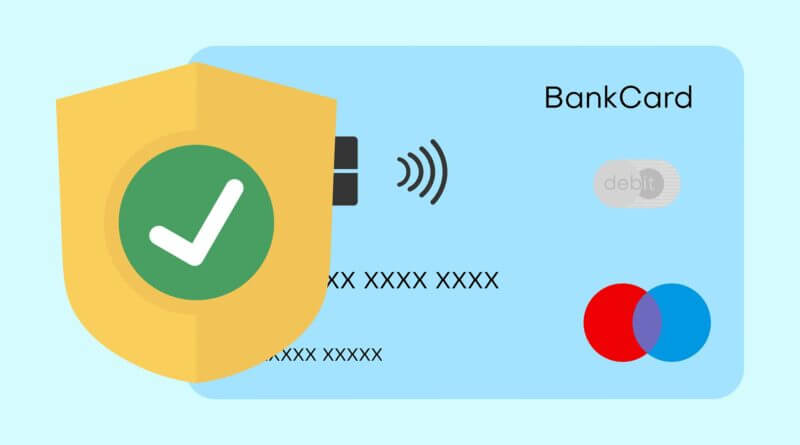How to spot (and avoid) scammers
By: Charlestien Harris
The year has barely started and already there are scammers trying to take your hard earned money out of your wallet! Scammers target vulnerable and unsuspecting victims by getting them to fall for a dishonest scheme with the intent to defraud or be miss lead. According to CNBC, in 2021, almost 2.8 million consumers filed a fraud report to the Federal Trade Commission. Although, the true number of victims may never be known because many consumers don’t bother to report some incidents for various reasons.

It is important for everyone to know how to recognize a scam and how to avoid becoming a victim of a scam. Here are a few examples of scams that are happening right now, as well as some tips on how to avoid being victimized.
- Tampered Gift Cards
I know many of you probably received gift cards over the holidays, and maybe just now decided to use them. Thieves are tampering with legitimate gift cards by printing their own barcodes and placing them over the real barcode on the original card. Once you activate the card, the scammer can access the funds loaded on the card and it usually transfers into their own account.
You can avoid this scam by:
- Checking for damaged packaging or distorted barcodes
- Get a gift card from the back of the pile
- Asking for a gift receipt
- Student Loan Debt Relief
With all the confusion about the Student Loan Forgiveness Program, many people just don’t know how to move forward. Scammers, of course, are taking advantage of this confusion by offering to get rid of your student loan debt for a “fee.” If you were able to take advantage of the student loan forgiveness program, great! But if you didn’t, you don’t have to pay a fee to get your student loans forgiven.
You can avoid this scam by:
- Stay tuned for new developments as the student loan forgiveness program makes its way through the legal system
- Hang up on unsolicited calls concerning student loan debt forgiveness, especially when it comes to paying a fee
- Contact your student loan service provider for up-to-date details on your loans
- Online Purchase Sites
This one really hits home in more ways than one. My husband recently ordered some merchandise he saw on social media and never received the items. The same has also happened to me, when I never received my order – but the fraudster did receive my payment. Scammers often set up fake websites and accounts all the time. Be very cautious about the sites you visit and make sure they are legitimate and secure.
You can avoid this scam by:
- Look for the lock symbol in the URL address
- Scammers often use incorrect grammar, misspell words, or use “off” phrases that just don’t sound right
- Make sure there is a physical address or phone number listed so you can verify it with the company
- Use a credit card instead of a debit card
Here are four common signs to help you spot a scam:
- They contact you. If you did not initiate the contact, then beware because it could be a scam. You don’t know if they are who they say they are, and identification information can be faked.
- They dangle bait. If someone dangles a large sum of money in front of you, you should be on alert! People simply don’t give away large amounts of money easily for nothing. They usually get around to asking to pay a “small” fee to receive your “prize.”
- They want your personal information. Anytime anyone asks for your personal information – bank accounts, social security number, etc. – you should be on high alert! This is a big red flag! Legitimate agencies NEVER ask you for that kind of information over the phone.
- They want you to wire money or send gift cards. If you are asked to wire money or send a gift card to someone in order to receive a prize or pay off a debt, you are more than likely being scammed. If you are in doubt, call the agency to see if they are trying to contact you.
Scammers are always trying to come up with clever ways to steal your money. It is up to you to remain vigilant about the transactions you conduct as you go about your daily routine. Don’t make it easy for them to get access to your money.
As suggested above, it’s important for all of us to learn how to recognize a scam so we can better protect ourselves from thieves and the cunning tactics they use.
For more information on this and other financial topics, visit www.banksouthern.com/blog, or you can email me at Charlestien.Harris@banksouthern.com, or call 662-624-5776.
Until next week – stay financially fit!
Charlestien Harris is a financial contributor to DeSoto County News. She is a financial expert with Southern Bancorp Community Partners whose articles are seen in a number of publications around the region. You’ll be seeing her columns weekly on the DeSoto County News website and our social media channels.






